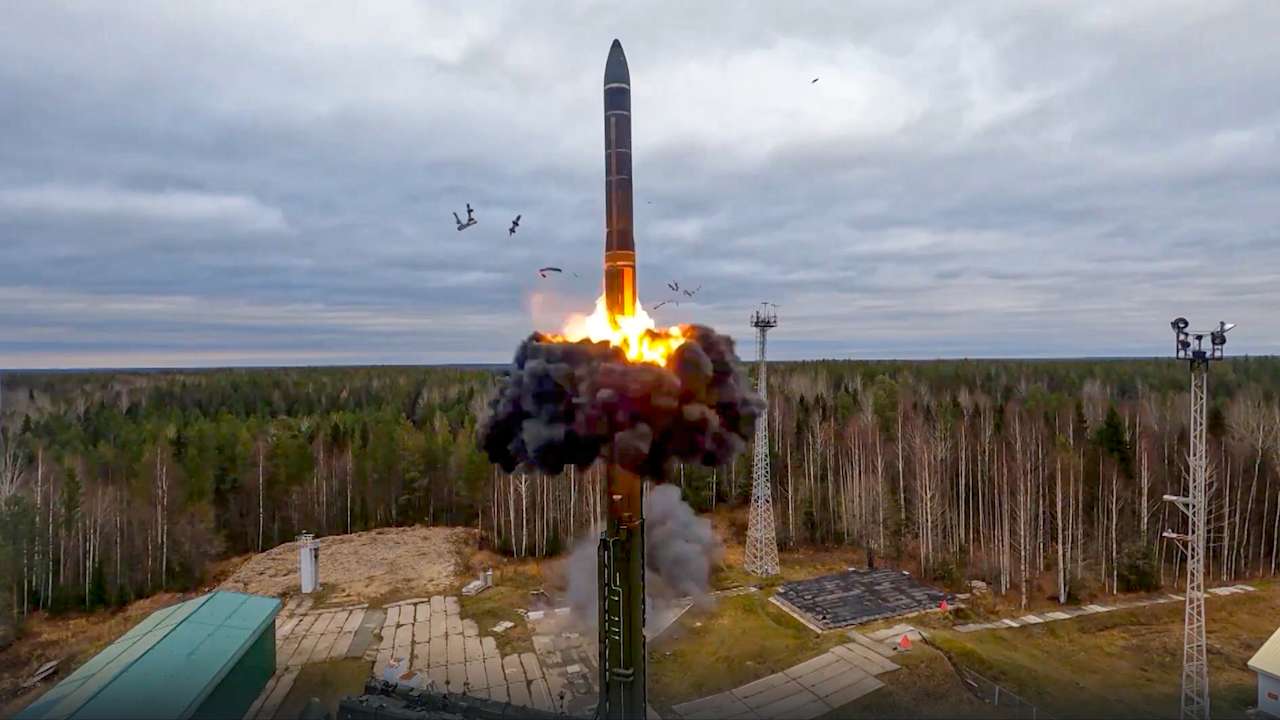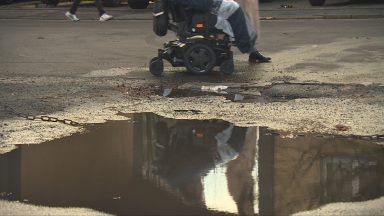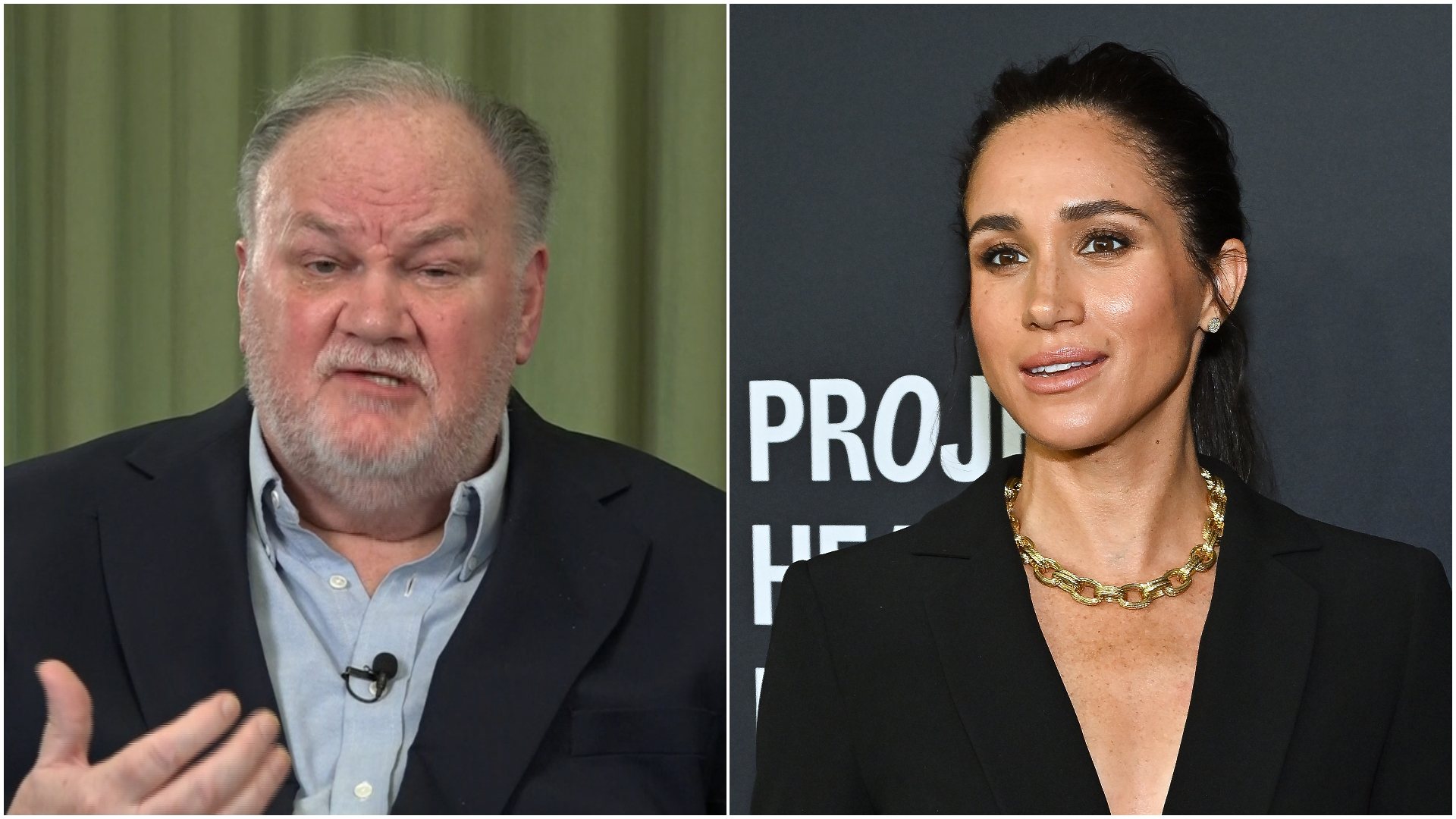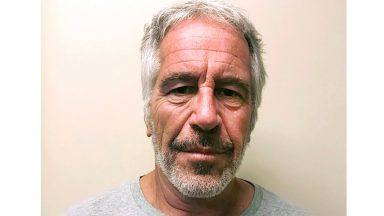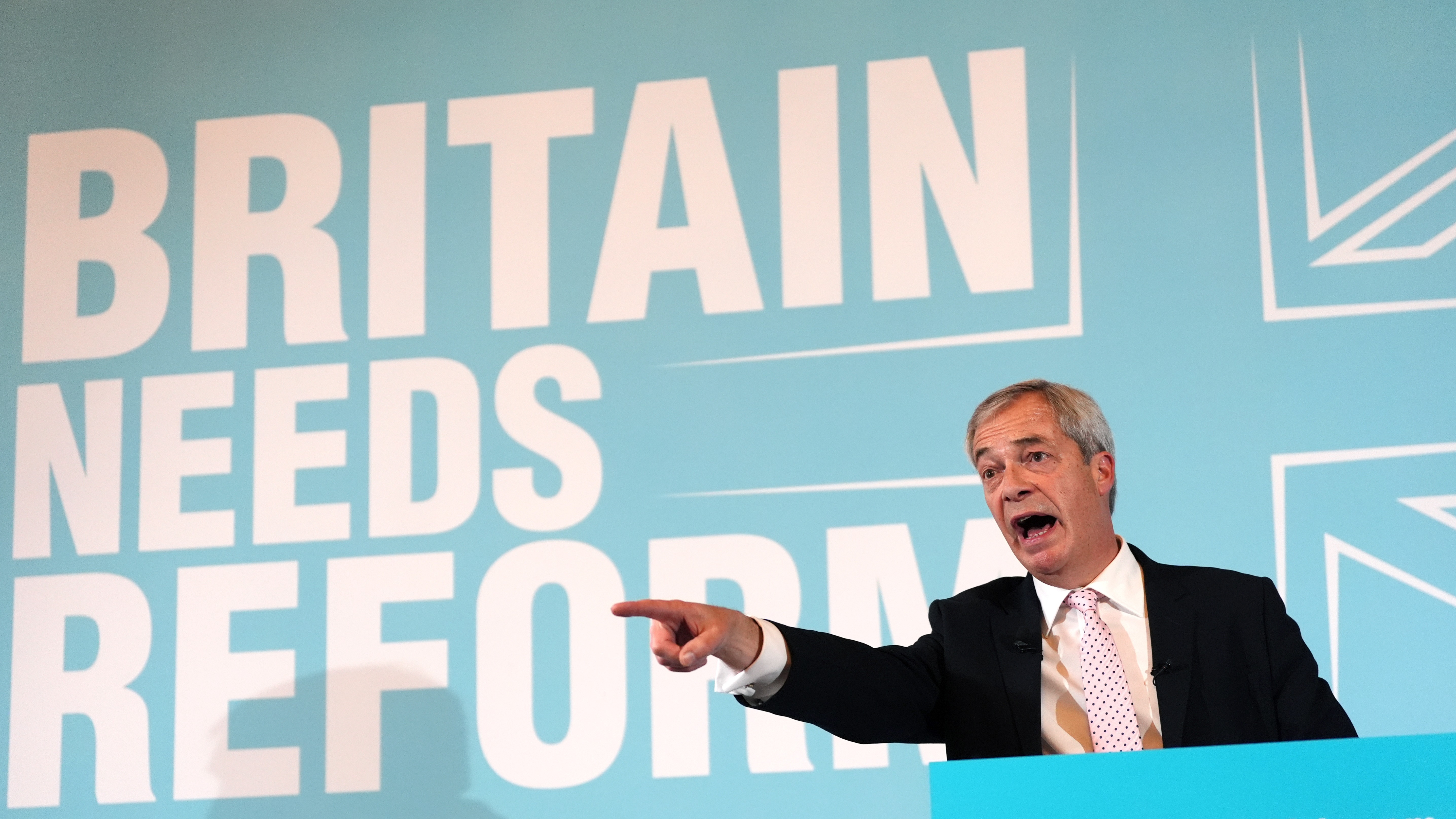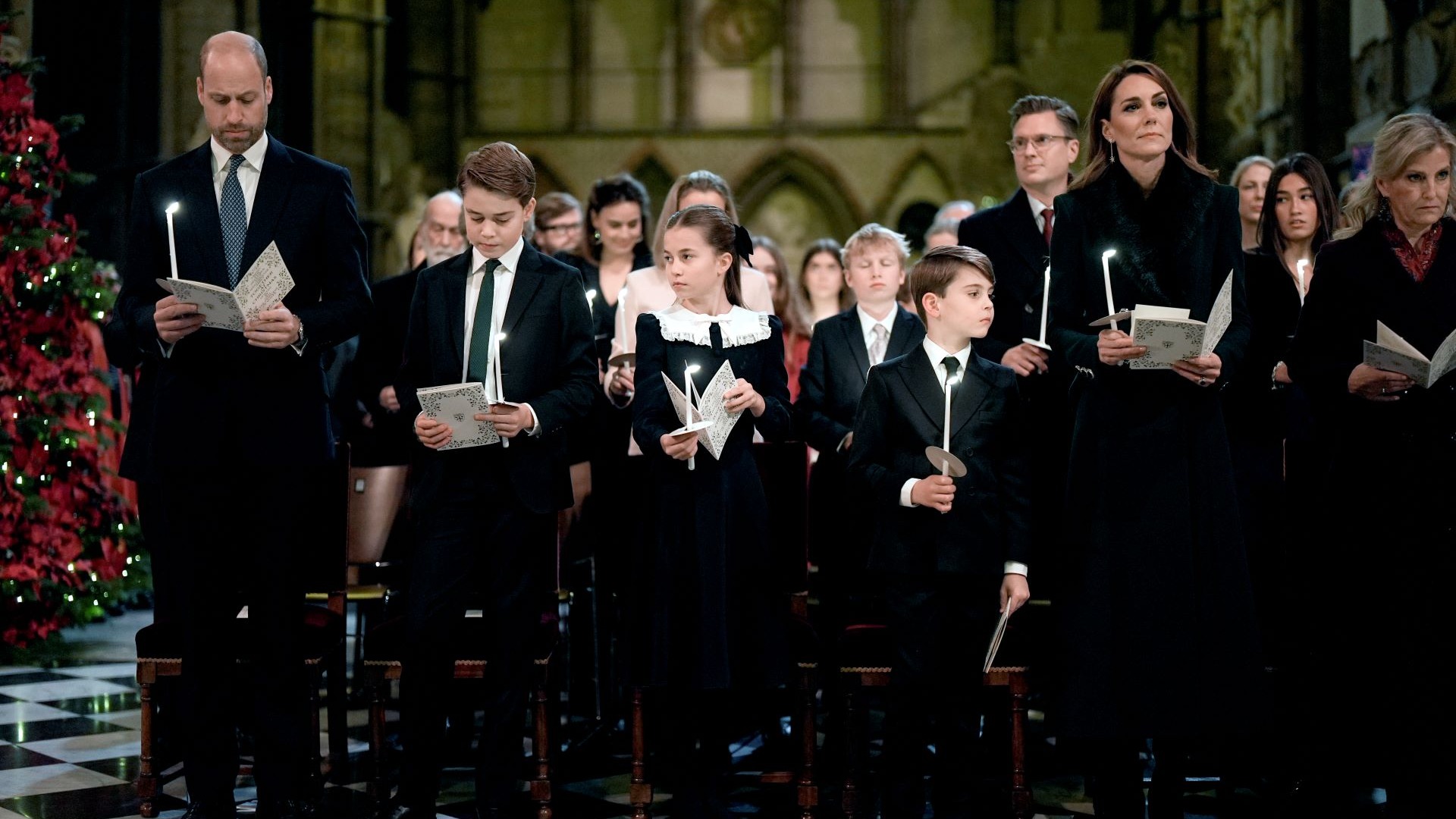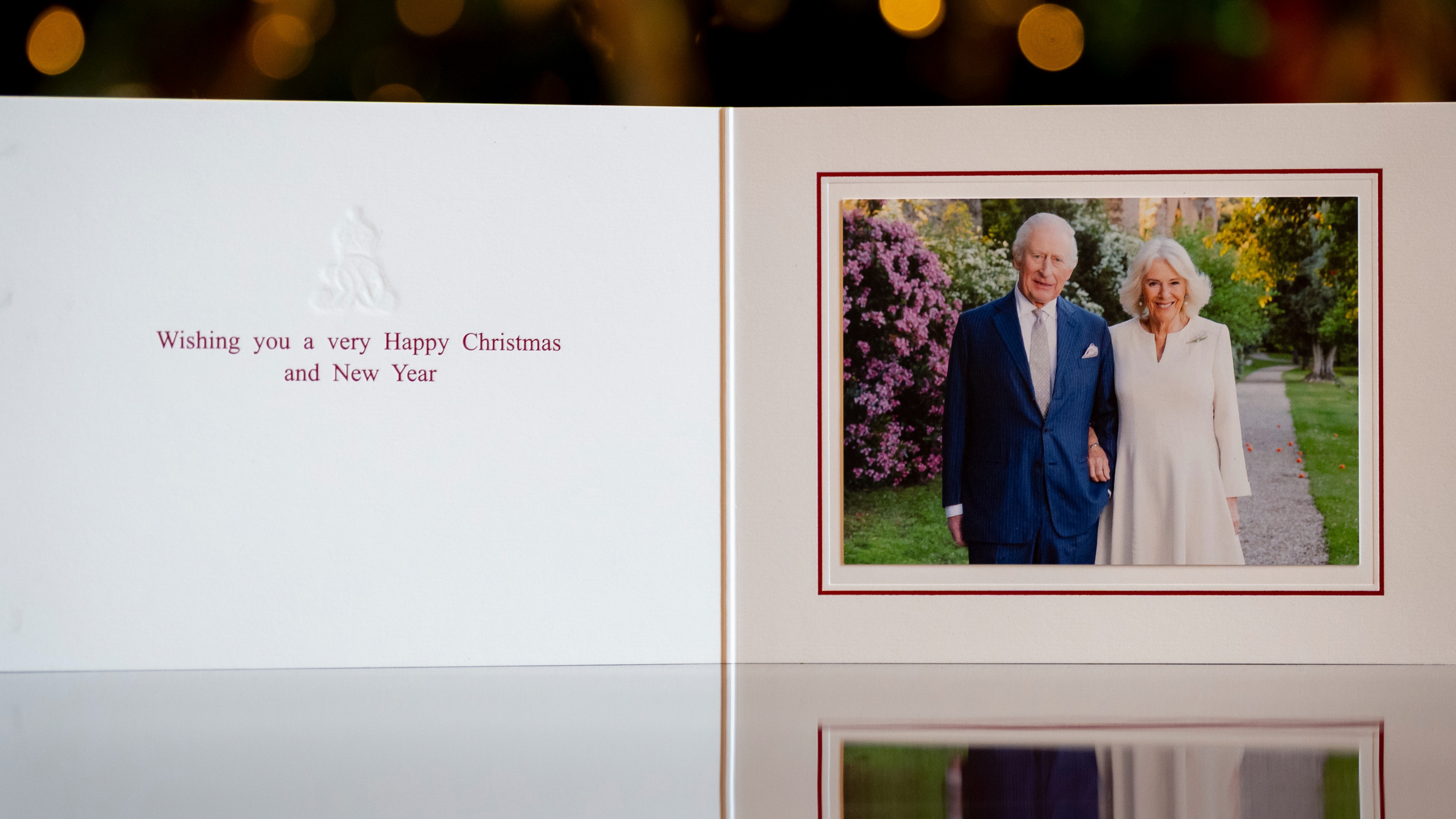Russia tested a new intermediate-range missile on Ukraine, Vladimir Putin has confirmed.
The Russian president said they were in retaliation to Ukrainian strikes on Russian territory with US and British missiles earlier this week.
Putin also announced that Russia would issue warnings in advance if such missiles were used again against Ukraine to allow civilians to safely evacuate.
He warned that US air defence systems would not be capable of intercepting the missiles.
Putin made the comments during a nationwide TV address on Thursday.
Putin’s announcement came hours after Ukraine claimed Russia had used intercontinental ballistic missiles for the first time in the conflict.
The Ukrainian air force said it shot down six ICBMs out of a total of nine fired from Russia’s Astrakhan region towards the city of Dnipro.
Two people were wounded as a result of the attack, and an industrial facility and a rehabilitation center for people with disabilities were damaged, according to local officials.
Ukrainian President Volodymyr Zelenskyy said a missile used “matches the speed and altitude” of an ICBM. The Kremlin refused to comment on the strike.
Zelenskyy said: “Today, our crazy neighbor once again showed what he really is. And how afraid he is.”
ICBMs are long-range missiles capable of carrying nuclear warheads, with a range of over 5,500 kilometres (3,400 miles).
Earlier this week, Russian President Vladimir Putin signed a revised nuclear doctrine which lowered the threshold over which the country could fire nuclear weapons.
Putin’s new doctrine allows for a potential nuclear response by Moscow even to a conventional attack on Russia by any nation that is supported by a nuclear power.
UK Prime Minister Sir Keir Starmer’s spokesperson did not confirm what kind of missile was fired, but said the launch of an ICBM amounted to “grave, reckless and escalatory behavior”.
Defence Secretary John Healey said Thursday that the recent developments mark a “serious moment” in the war.
Watch as Defence Secretary John Healey tells parliament’s defence committee
Healey added: “Defence intelligence will reveal today that the frontline is now less stable than at any time since the early days of the full scale Russian invasion in February 2022.”
He added a clear escalation from Putin has taken place in recent weeks, including more attacks on Ukraine’s energy system and civilians, and the deployment of North Korean troops.
Asked whether British storm shadow long range missiles had been launched into Russia, he said he “won’t be drawn on the operational details” of the conflict.
Commenting in the House of Lords, former UK national security adviser Lord Ricketts told Parliament that permitting Ukraine’s use of long-range missiles would complicate Russia’s military advances but will not change the course of the conflict.
On Thursday, he said: “However much we all in this House want the Ukrainians to come out with a clear victory from this terrible war, the hard fact is that even with continued wholehearted western support they don’t have the combat power necessary to drive the Russians off every metre of Ukrainian territory.”
Thursday’s reported ICBM attack on Ukraine follows a Kremlin promise of retaliation, after Ukraine launched American and British long-range missiles into Russian territory for the first time on Tuesday.
Ukraine’s strike resulted from a week of US foreign policy shifts and firsts, which saw President Joe Biden permit the country to fire the weapons at Russia and anti-personnel mines sent to Ukraine.
Follow STV News on WhatsApp
Scan the QR code on your mobile device for all the latest news from around the country


